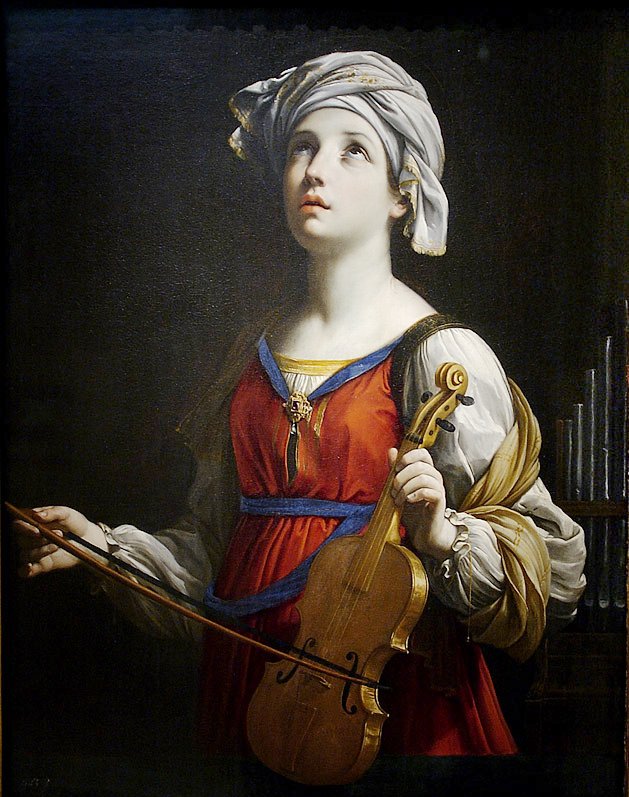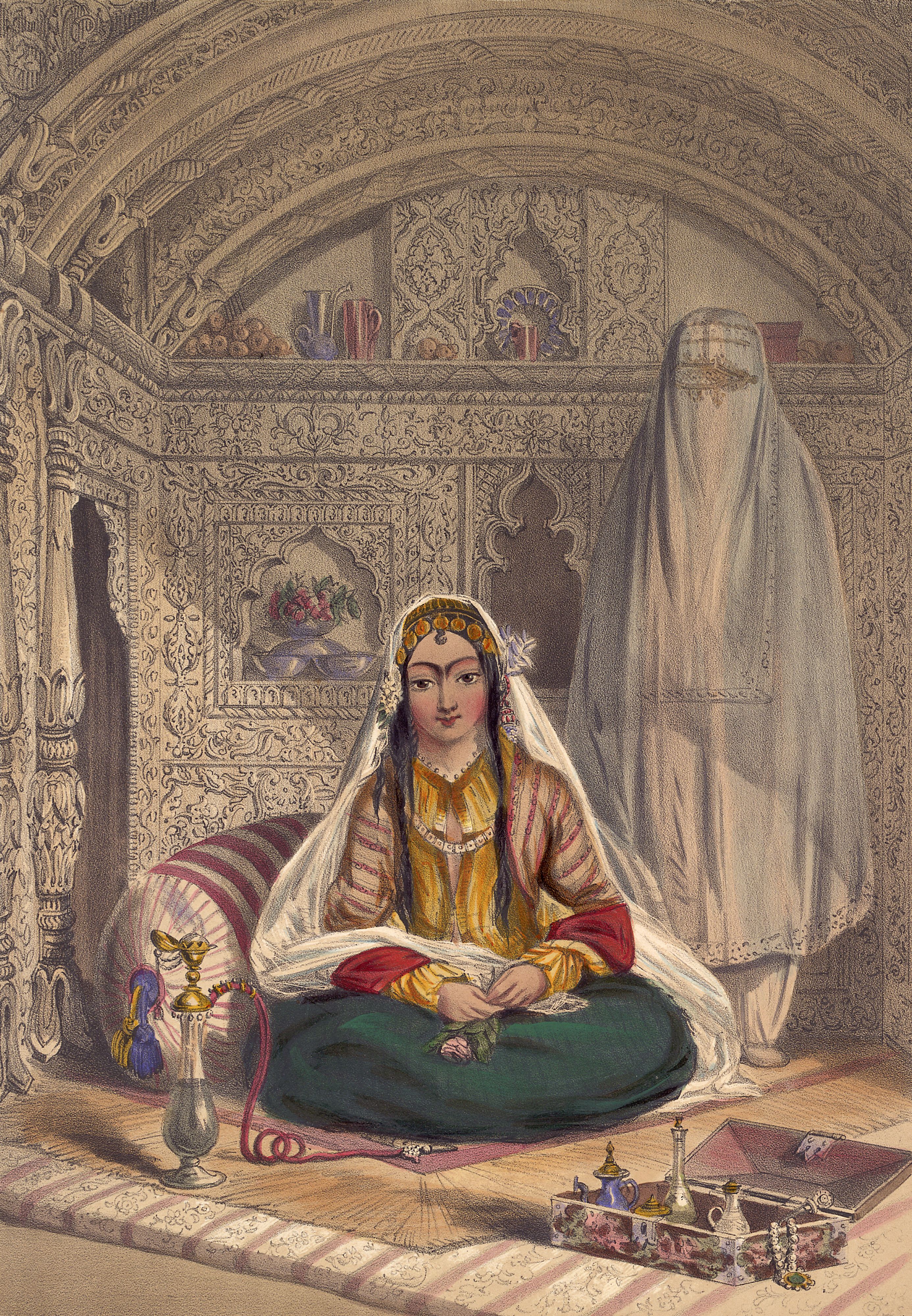|
Blind Singers
Blind musicians are singers or instrumentalists, or in some cases singer-accompanists, who are legally blindness, blind. Resources Historically, many blind musicians, including some of the most famous, have performed without the benefit of formal instruction, since such instruction relies extensively on written musical notation. However, today there are many resources available for blind musicians who wish to learn Western music theory and Musical notation, classical notation. Louis Braille, the man who created the braille alphabet for the blind, also created a system of classical notation for the blind called Braille music. This system allows the blind to read and write music much as the sighted do. The largest collection of Braille musical scores is located at the Library of Congress in Washington, D.C. Outside the U.S., the largest collection of braille music scores is stored at the National Library for the Blind in England. Computer technology and the Internet make it pos ... [...More Info...] [...Related Items...] OR: [Wikipedia] [Google] [Baidu] |
Gwenc'hlan
Gwenc'hlan is the cognomen of a legendary 6th century Breton druid and bard called Kian, the subject and purported author of a Breton song called "Diougan Gwenc'hlan" (Gwenc'hlan's prophecy), published by Hersart de la Villemarqué in his 1839 anthology ''Barzaz Breiz''. In this song, Gwenc'hlan is imprisoned after having his eyes gouged out for refusing to convert to Christianity, sings out that he isn't afraid to die and makes a prophecy wherein he will be avenged. The motive of the blinded prisoner is reminiscent of the historical fate of Boethius. One Gwenc'hlan or Guinclaff around 1450 wrote a "chant royal", or " Dialogue between King Arthur and Gwenc'hlan", quoted by Dom Le Pelletier and Gregory of Rostrenen. The poem was rediscovered in 1924. The Breton used by this Gwenc'hlan is already deeply pervaded by French. The legend of the 6th century bard is largely a creation of de la Villemarqué's, but he may have based his account on the 15th century author, as well as on ... [...More Info...] [...Related Items...] OR: [Wikipedia] [Google] [Baidu] |
Hua Yanjun
Abing ( zh, c= 阿 炳, p=Ābǐng; 20 August 1893 or 3 November 1898 – 4 December 1950), born Hua Yanjun ( zh, t=華彥鈞, s= 华 彦 钧, p= Huá Yànjūn, links=no) was a blind Chinese musician specializing in the ''erhu'' and ''pipa''. Life Abing was born as Hua Yanjun on either 20 August 1893 or 3 November 1898, in the eastern Chinese city of Wuxi, Jiangsu province. His father Hua Qinghe was a Daoshi, Taoist priest and musician. His mother was a widow, and her remarriage to a priest was resented by her family; she remained depressed and died a year after Abing's birth. Abing was raised by extended family until the age of eight, when he went to live with his father at the temple. Abing was the name used by his family. He was given the official name Hua Yanjun at this time and sent to school. Abing's father was proficient in a number of musical instruments and Taoist music, Taoist religious music. His father trained him in drums from the age of 10. Abing began lear ... [...More Info...] [...Related Items...] OR: [Wikipedia] [Google] [Baidu] |
Music Bureau
The Music Bureau (Traditional Chinese character, Traditional Chinese: 樂府; Simplified Chinese character, Simplified Chinese: 乐府; Pinyin, Hanyu Pinyin: ''yuèfǔ'', and sometimes known as the "Imperial Music Bureau") served in the capacity of an organ of various imperial government bureaucracies of China: discontinuously and in various incarnations, the Music Bureau was charged directly, by the emperor (or other monarchical ruler), or indirectly, through the royal (or imperial) government to perform various tasks related to music, poetry, entertainment, or religious worship. These tasks included both musical and lyrical research and development, and also directing performances. The existence of a Music Bureau was typical of various Chinese dynasties, though the Music Bureau's prominence and influence may have peaked during the reign of Han dynasty emperor Emperor Wu of Han, Wu, who was especially interested in such activities and engaged himself accordingly. The mission of th ... [...More Info...] [...Related Items...] OR: [Wikipedia] [Google] [Baidu] |
The Green Hills Of Earth
"The Green Hills of Earth" is a science fiction short story by American writer Robert A. Heinlein. One of his Future History (novel), Future History stories, the short story originally appeared in ''The Saturday Evening Post'' (February 8, 1947), and it was collected in ''The Green Hills of Earth (short story collection), The Green Hills of Earth'' (and subsequently in ''The Past Through Tomorrow''). Heinlein selected the story for inclusion in the 1949 anthology ''My Best Science Fiction Story''. "The Green Hills of Earth" is also the title of a song mentioned in several of Heinlein's novels. The Rhysling Award for speculative fiction poetry awarded by the Science Fiction Poetry Association (SFPA) is named for the blind poet Rhysling in “The Green Hills of Earth.” Rhysling (crater) on the Moon was named by Apollo 15 astronauts. Flight controller#Spacecraft communicator (CAPCOM), Capcom Joe Allen on Earth summoned David Scott and Jim Irwin with the words "As the space poet ... [...More Info...] [...Related Items...] OR: [Wikipedia] [Google] [Baidu] |
Robert Heinlein
Robert Anson Heinlein ( ; July 7, 1907 – May 8, 1988) was an American science fiction author, aeronautical engineer, and naval officer. Sometimes called the "dean of science fiction writers", he was among the first to emphasize scientific accuracy in his fiction, and was thus a pioneer of the subgenre of hard science fiction. His published works, both fiction and non-fiction, express admiration for competence and emphasize the value of critical thinking. His plots often posed provocative situations which challenged conventional social mores. His work continues to have an influence on the science-fiction genre, and on modern culture more generally. Heinlein became one of the first American science-fiction writers to break into mainstream magazines such as ''The Saturday Evening Post'' in the late 1940s. He was one of the best-selling science-fiction novelists for many decades, and he, Isaac Asimov, and Arthur C. Clarke are often considered the "Big Three" of English-language ... [...More Info...] [...Related Items...] OR: [Wikipedia] [Google] [Baidu] |
Harem
A harem is a domestic space that is reserved for the women of the house in a Muslim family. A harem may house a man's wife or wives, their pre-pubescent male children, unmarried daughters, female domestic Domestic worker, servants, and other unmarried female relatives. In the past, during the history of slavery in the Muslim world, era of slavery in the Muslim world, harems also housed enslaved Concubinage in Islam, concubines. In former times, some harems were guarded by eunuchs who were allowed inside. The structure of the harem and the extent of monogamy or polygyny have varied depending on the family's personalities, socio-economic status, and local customs. Similar institutions have been common in other Mediterranean Basin, Mediterranean and Middle Eastern civilizations, especially among royal and upper-class families, and the term is sometimes used in other contexts. In traditional Persian residential architecture, the women's quarters were known as (), and in the Indian s ... [...More Info...] [...Related Items...] OR: [Wikipedia] [Google] [Baidu] |
Georges De La Tour
Georges de La Tour (13 March 1593 – 30 January 1652) was a French Baroque painter, who spent most of his working life in the Duchy of Lorraine, which was temporarily absorbed into France between 1641 and 1648. He painted mostly religious chiaroscuro scenes lit by candlelight. Personal life Georges de La Tour was born in the town of Vic-sur-Seille in the Diocese of Metz, which was technically part of the Holy Roman Empire, but had been ruled by France since 1552. Baptism documentation revealed that he was the son of Jean de La Tour, a baker, and Sybille de La Tour, née Molian. It has been suggested that Sybille came from a partly noble family. His parents had seven children in all, with Georges being the second-born. La Tour's educational background remains somewhat unclear, but it is assumed that he traveled either to Italy or the Netherlands early in his career. He may possibly have trained under Jacques Bellange in Nancy, the capital of Lorraine, although their style ... [...More Info...] [...Related Items...] OR: [Wikipedia] [Google] [Baidu] |
John Singer Sargent
John Singer Sargent (; January 12, 1856 – April 15, 1925) was an American expatriate artist, considered the "leading portrait painter of his generation" for his evocations of Edwardian era, Edwardian-era luxury. He created roughly 900 oil paintings and more than 2,000 watercolors, as well as countless sketches and charcoal drawings. His ''oeuvre'' documents worldwide travel, from Venice to the Tyrol, Corfu, Capri, Spain, the Middle East, Montana, Maine, and Florida. Born in Florence to American parents, he was trained in Paris before moving to London, living most of his life in Europe. He enjoyed international acclaim as a portrait painter. An early submission to the Paris Salon in the 1880s, his ''Portrait of Madame X'', was intended to consolidate his position as a society painter in Paris but instead resulted in scandal. During the year following the scandal, Sargent departed for England, where he continued a successful career as a portrait artist. From the beginning, S ... [...More Info...] [...Related Items...] OR: [Wikipedia] [Google] [Baidu] |
Âşık Veysel
Âşık Veysel (Turkish: Help:IPA/Turkish, [aːˈʃɯk vejˈsæl]; born Veysel Şatıroğlu (Turkish: Help:IPA/Turkish, [ʃaːˈtɯɾ.oːɫu]); 25 October 1894 – 21 March 1973) was a Turkish people, Turkish Alevism, Alevi ashik, bağlama virtuoso, and folk poet. He was born and died in the village of Sivrialan, Sivas Province, in the Ottoman Empire (later Turkey). Blind since the age of 7, Veysel's songs were typically melancholic, and dealt with a range of themes revolving around morality, love, faith, life and death, patriotism, nature, and his own perception of the world as a blind man. Veysel is considered one of the most prominent icons of Turkish folk music and Turkish folk literature, literature. Among his most popular folk songs are Uzun İnce Bir Yoldayım (Turkish: ''I'm on a Long and Narrow Road''); "Black Earth" (''Kara Toprak''); "Let My Friends Remember Me" (''Dostlar Beni Hatırlasın'') and "Your Beauty is Worth Nothing" (''Güzelliğin On Para Etmez''). In 2022, ... [...More Info...] [...Related Items...] OR: [Wikipedia] [Google] [Baidu] |
Turkey
Turkey, officially the Republic of Türkiye, is a country mainly located in Anatolia in West Asia, with a relatively small part called East Thrace in Southeast Europe. It borders the Black Sea to the north; Georgia (country), Georgia, Armenia, Azerbaijan, and Iran to the east; Iraq, Syria, and the Mediterranean Sea to the south; and the Aegean Sea, Greece, and Bulgaria to the west. Turkey is home to over 85 million people; most are ethnic Turkish people, Turks, while ethnic Kurds in Turkey, Kurds are the Minorities in Turkey, largest ethnic minority. Officially Secularism in Turkey, a secular state, Turkey has Islam in Turkey, a Muslim-majority population. Ankara is Turkey's capital and second-largest city. Istanbul is its largest city and economic center. Other major cities include İzmir, Bursa, and Antalya. First inhabited by modern humans during the Late Paleolithic, present-day Turkey was home to List of ancient peoples of Anatolia, various ancient peoples. The Hattians ... [...More Info...] [...Related Items...] OR: [Wikipedia] [Google] [Baidu] |






